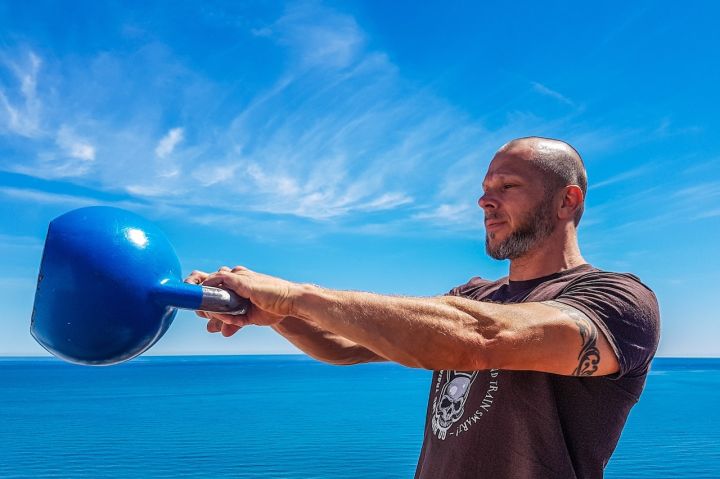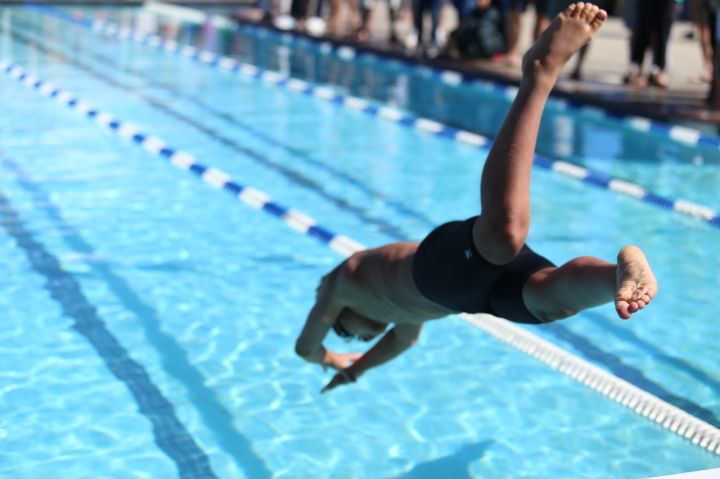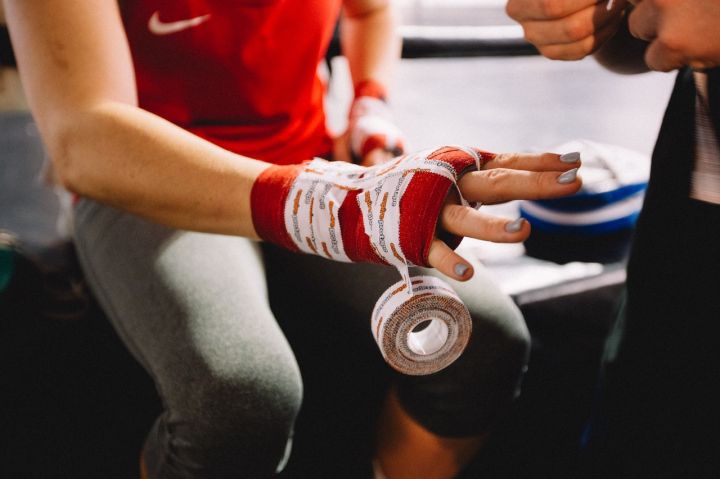Arm wrestling has existed since ancient times, both in ancient roman and greek times, and going back further, the history of arm wrestling may be as old as mankind.

The official name for arm wrestling is arm-wrestling, which means 'arm wrestling' and all countries have arm wrestling federations.
Every year there is a world cup of arm-wrestling, held in a different country, and by looking through the pass we can see the characteristics of a professional arm-wrestler, with thick forearms, strong upper limbs and full palms.

Arm wrestling competitions are often associated with hercules and masculinity, and can be held for a period of time between friends, early on various occasions.
I don't recommend wrist strength competitions to anyone except professional arm wrestlers and muscular hercules, and i'm sure we've all heard the news of wrist wrestling injuries or small arm injuries.
In fact, it's not even really a news item. If you know a little bit about the structure of the human body, you will know that arm wrestling is a move that is actually unsuitable for most ordinary people who are not professionally trained.

We all have exercises that are inherently inappropriate. Most people with excessively long large and small arms are not suitable for wrestling because the arms are weak and can be easily injured when wrestling.
Humans have a long bone in the upper arm called the humerus. Above the humerus near the elbow joint is an articular point of cylindrical and irregularly flattened bone, a point of low bone mass and relative weakness, which is why it is also known in medical terms as the humeral condyle.
When we hold something, such as lifting a bag or pulling hard, the force is downwards at this point and the direction of the force is in line with the direction of the humerus, so the humeral condyle can withstand relatively large forces.

However, when breaking the wrist, the humeral condyles are subjected to a contralateral force, medically known as shear. The humeral condyles are less able to withstand shear forces and if the arm is broken, the forces are not directed in the correct direction and posture, which can easily lead to fracture.
Bone tissue is a hard connective tissue made up of cells, fibres and matrix. The fibres are osteoid fibres, the matrix contains a large amount of solid inorganic salts and the bone contains two important types of cells, osteoblasts and osteoclasts.





